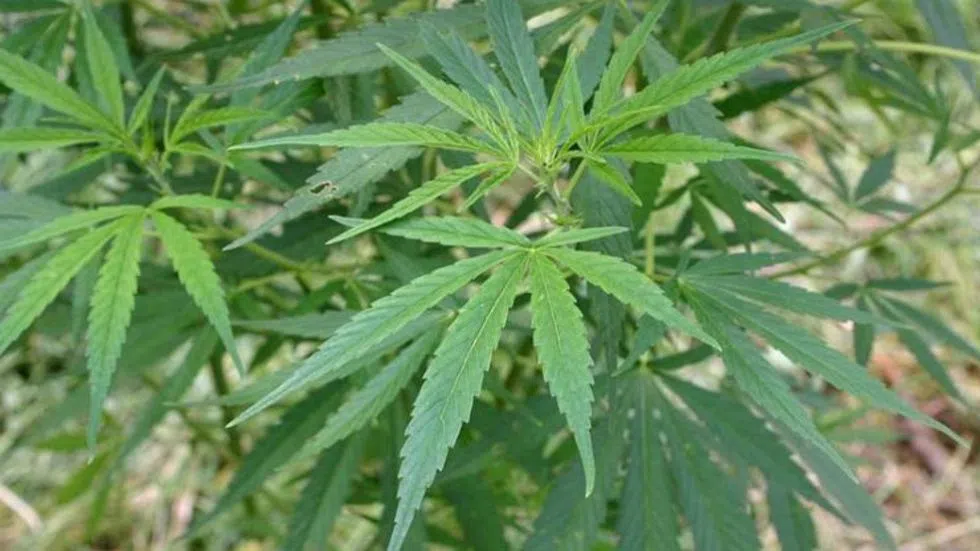
Council hears plans for next steps in municipal cannabis legislation
City planners in Prince Albert say it is “crunch time” for local legislation as the legalization of cannabis in Canada grinds closer.
The city’s next steps were rolled out in front of city’s council’s executive committee Monday night. Craig Guidinger, director of planning and development, said legalization will use a top-down approach largely dictated by the federal and provincial governments, but there are still a few items municipalities will have the ability to tweak. Guidinger said city planners are still conducting research and reviewing best practices using information from the provincial cannabis survey to prepare draft regulations, but nothing has yet been set in stone.
“We were given a very short timeline from the province,” Guidinger said. “We are obviously at crunch time, but I believe we will have some draft language in front of council in June or July, with final options shortly thereafter.”
The city will have the ability to zone where cannabis storefronts, wholesale and production facilities will go. A distance of 200 metres was suggested as an appropriate buffer zone from schools, parks, playgrounds, and residential areas, which would limit sales and production of marijuana to the downtown, highway and peripheral areas of the city. Guidinger said he has seen buffers range from 100 to 400 metres in other municipalities.


